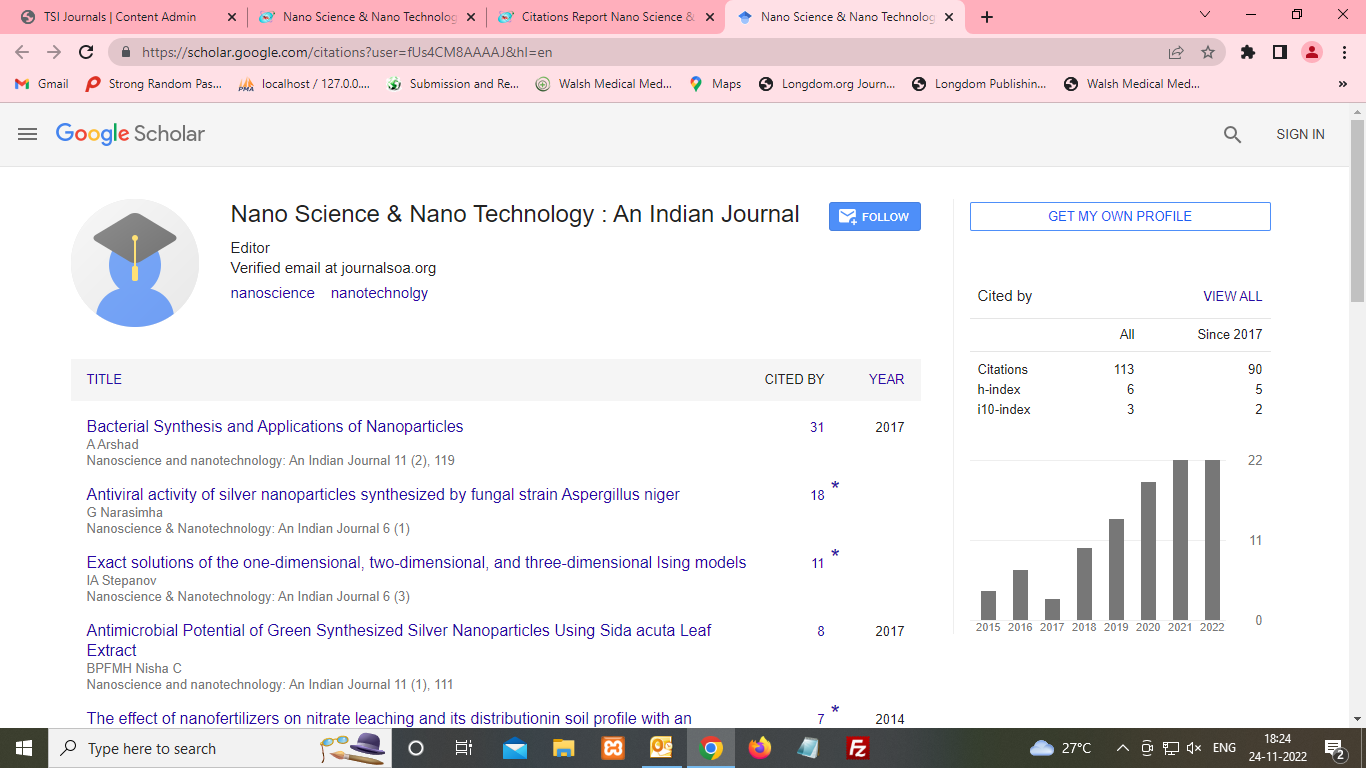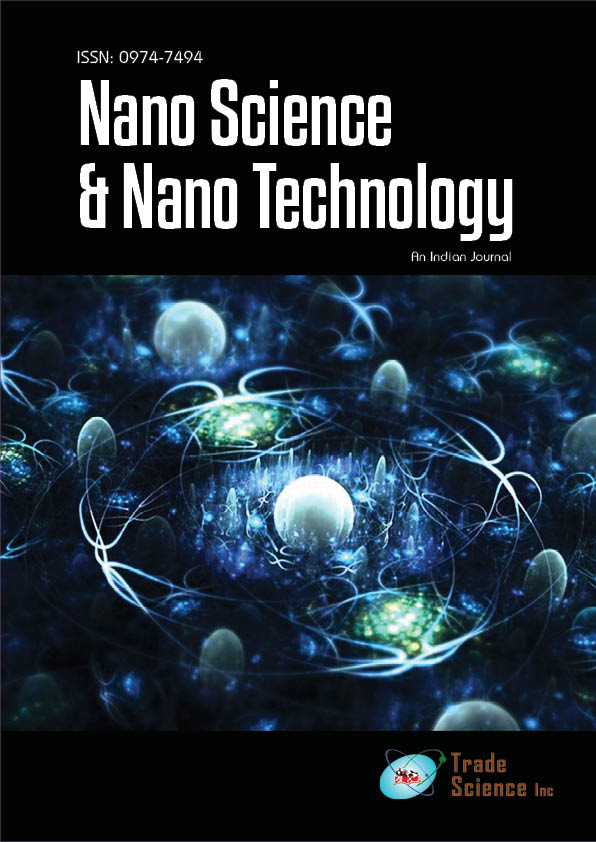Abstract
Surface Modification of Cationic Dendrimers Eases Drug Delivery of Anticancer Drugs
Author(s): Karthikeyan R, Koushik OS and Kumar VPThe development of dendritic architecture with well-defined size, shape and controlled exterior functionality holds promise in pharmaceutical applications such as drug delivery, solubilisation, DNA transfection and diagnosis. Highly branched, monodisperse, stable molecular level and low polydispersity with micelle-like behavior possessing nano-scale container property distinguish these structures as inimitable and optimum carrier for those applications. However reticuloendothelial system (RES) uptake, drug leakage, immunogenicity, haemolytic toxicity, cytotoxicity, hydrophobicity restricts the use of these nanostructures. PEGylation of dendrimers can generally overcome these shortcomings. Haemolytic and different cell line studies have shown reduced toxicity of PEGylated dendrimers than cationic dendrimers. PEGylation causes increased solubilisation of hydrophobic drugs in dendritic framework as well as in PEG layers. Attachments of targeting moiety on the surface of partially PEGylated dendrimer created much interest as a delivery system for crossing of biological barriers and deliver the bioactive agent near the vicinity of target site. This review focuses on the current state of the art in the field and focuses on the potential of PEGylated dendrimers in pharmaceutical area.

